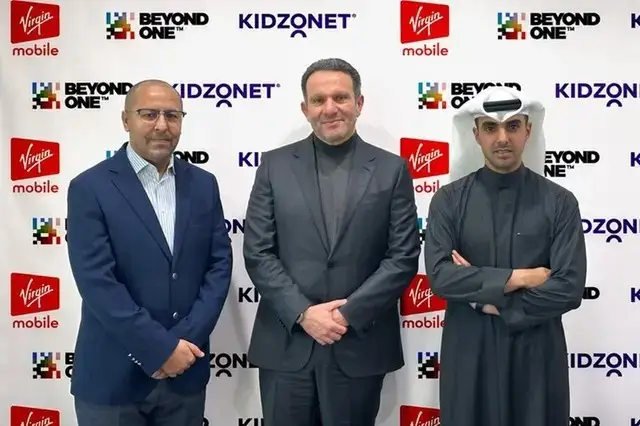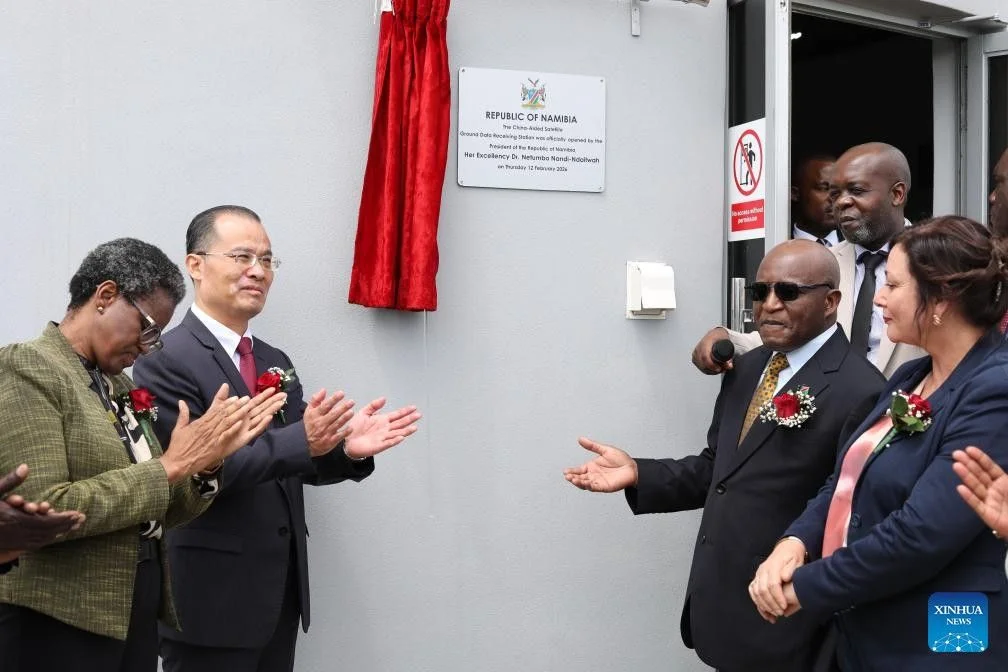Nigeria’s Communications Satellite Limited (NigComSat) has partnered with Eutelsat to deploy Low Earth Orbit (LEO) satellites, aiming to improve internet connectivity in Nigeria and across Africa. This collaboration is a significant step in Nigeria’s digital transformation, focusing on bridging the digital divide and increasing broadband access for underserved regions.
Dr. Abimbola Alale, Managing Director of NigComSat, emphasized the importance of the partnership, stating, “This collaboration demonstrates our commitment to enhancing connectivity for all Nigerians, particularly those in remote and underserved regions. It is an important move towards achieving our nation’s broadband goals.”
The partnership supports Nigeria’s broader digital inclusion strategy, with a goal of achieving 95% broadband penetration by 2025. To overcome infrastructure challenges, Nigeria is relying on innovative satellite solutions. NigComSat, under the Federal Ministry of Communications, Innovation, and Digital Economy, has been instrumental in advancing Nigeria’s space initiatives.
The NigComSat-1R satellite, launched in 2011 to replace the failed NigComSat-1, has been providing communication services across West, Central, and Southern Africa, as well as parts of Europe and Asia. However, low service adoption highlighted the need for new, innovative solutions to improve service delivery.
Eutelsat, a leader in satellite technology, has already deployed operational LEO satellites in Africa earlier this year. Eva Berneke, CEO of Eutelsat, expressed excitement about the collaboration, noting, “LEO satellites offer unique advantages, especially in regions where traditional internet infrastructure is challenging to deploy.” This partnership is expected to bring affordable, high-speed internet access to Nigeria and beyond.
LEO satellites, which orbit closer to Earth than traditional geostationary satellites, offer faster speeds and lower latency, making them ideal for regions with limited internet infrastructure. This technology is particularly beneficial in Africa, where large portions of the population remain unconnected due to infrastructure gaps.
NigComSat’s involvement in advancing Nigeria’s space economy is critical, with the African space market projected to grow to $22.64 billion by 2026. Collaborations like this position Nigeria as a leader in leveraging space technology for socio-economic development.
The partnership is expected to have far-reaching effects across Africa, improving internet access and enabling economic opportunities in remote areas. By collaborating with Eutelsat, NigComSat strengthens Nigeria’s role as a leader in space innovation and digital transformation.
Dr. Isa Pantami, Nigeria’s former Minister of Communications and Digital Economy, highlighted the significance of digital inclusion, stating, “Digital inclusion is not just an economic goal—it’s a necessity for sustainable development. Partnerships like this are crucial to achieving it.”















